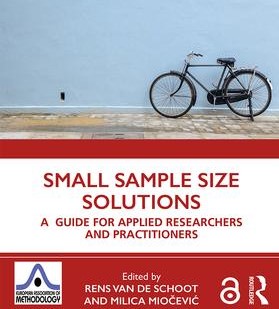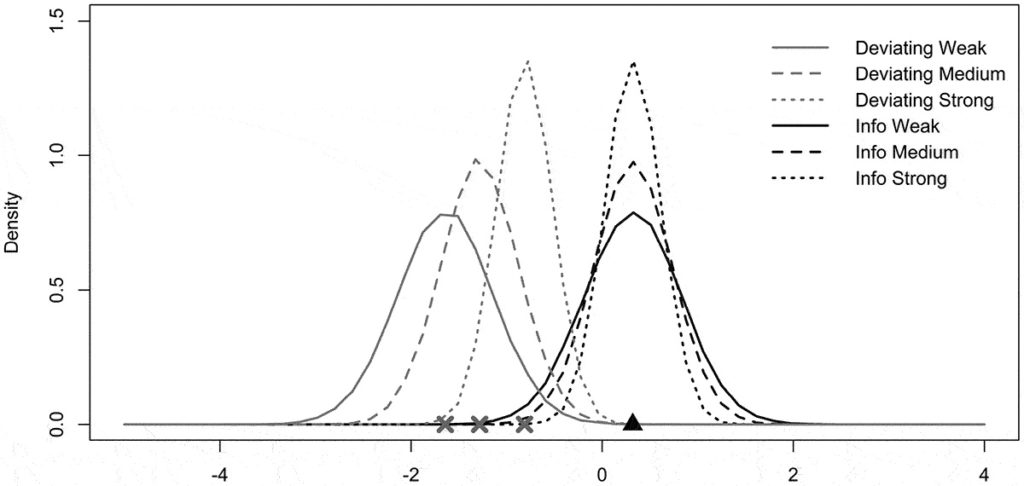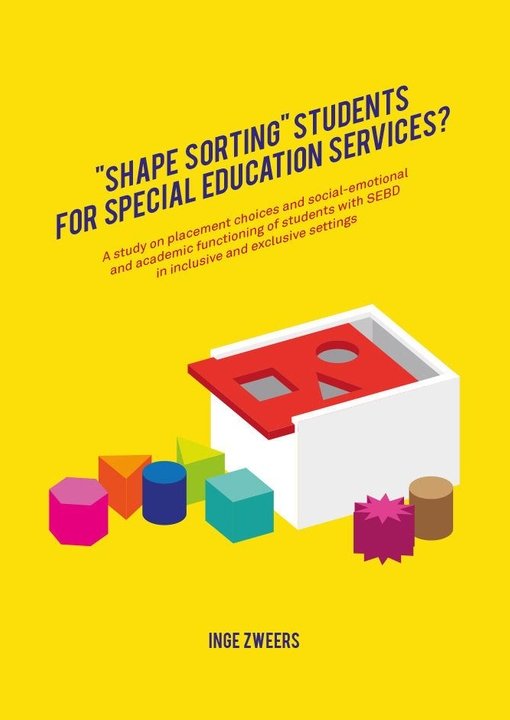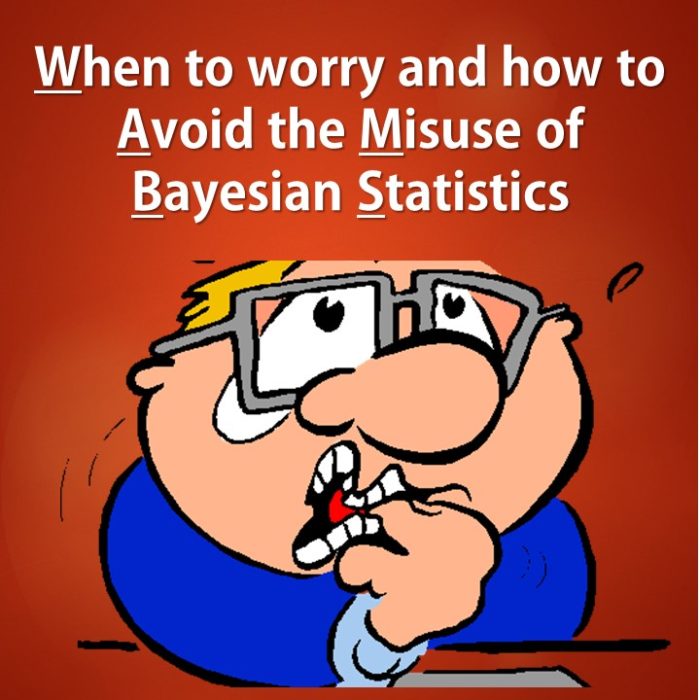Small Sample Size Solutions: A Guide for Applied Researchers and Practitioners.
This unique resource provides guidelines and tools for implementing solutions to issues that arise in small sample research, illustrating statistical methods that allow researchers to apply the optimal statistical model for their research question when the sample is too small.
Dealing with imperfect elicitation results
We provide an overview of the solutions we used for dealing with imperfect elicitation results, so that others can benefit from our experience. We present information about the nature of our project, the reasons for the imperfect results, and how we resolved these sup-ported by annotated R-syntax
Predicting a Distal Outcome Variable From a Latent Growth Model
The aim of the current simulation study is to examine the performance of an LGM with a continuous distal outcome under maximum likelihood (ML) and Bayesian estimation with default and informative priors, under varying sample sizes, effect sizes and slope variance values.
“Shape sorting” students for special education services?
In this dissertation, we focused on two alternative approaches to evaluate the hypothesis of interest more directly, i.e. informative hypothesis testing and model selection using order-restricted information criteria.
Bayes with Informed Priors Based on Literature and Expert Elicitation
Bayesian Trajectory Analysis with Informed Priors Based on a Systematic Literature Search and Expert Elicitation in the field of Post Traumatic Stress.
Bayesian PTSD-Trajectory Analysis with Informed Priors
we illustrate how to obtain background information using previous literature in the field of PTSD based on a systematic literature search and by using expert knowledge. Finally, we show how to translate this knowledge into prior distributions and we illustrate how to run a Bayesian LGMM.
Applying guidelines to construct informative priors in small sample research
The current paper demonstrates the usefulness of Bayesian estimation with small samples. In Bayesian estimation, prior information can be included …
Systematic search of Bayesian statistics in the field of psychotraumatology
Bayesian analyses are slowly creeping into many areas of science, including the field of psychotraumatology.
Bayesian statistics in educational research: a look at the current state of affairs
A steady accumulation of knowledge requires approaches which allow researchers to consider results from comparable prior research. Bayesian statistics is especially relevant for establishing a cumulative scientific discipline …
Improving Transparency and Replication in Bayesian Statistics: The WAMBS-Checklist
Bayesian statistical methods are slowly creeping into all fields of science and are becoming ever more popular in applied research. Although it is very attractive to use Bayesian statistics, our personal experience has led us to believe that naively applying Bayesian methods can be dangerous for at least 3 main reasons:
An Introduction to Bayesian Statistics in Health Psychology
Bayesian methods are increasing in prevalence in applied fields, and they have been shown in simulation research to improve the estimation accuracy of structural equation models, latent growth curve models, and hierarchical linear models.
Special Issue Bayesian Statistics
Psychological Methods published a Special Issue on Bayesian Data Analysis with two of my papers 🙂












